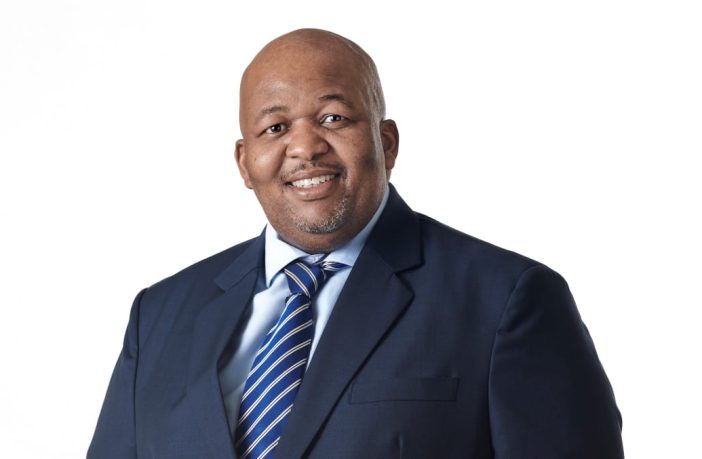- In a press release, South Africa’s state owned energy utility, Eskom provides clarity on the usage of Open-Cycle Gas Turbines (OCGTs).
- There are some speculations that Eskom has extensively utilised the OCGTs to avert loadshedding, which has not been implemented for 44 consecutive days.
- One article in particular from the Mail & Guardian cites the country’s energy regulator, Nersa, slamming Eskom for excessive spending on diesel: ‘Critics suggest the utility has caved in to political pressure to keep the lights on at all costs ahead of the general elections on 29 May’. Read more
- OCGT’s plants are typically used for peak demand shaving and grid frequency stability but during the course of the last 18 month’s, these power generation facilities have been run hard 24/7 to deliver continuous base load in order to mitigate the levels of loadshedding (blackouts) in the country.
- Eskom reported that in the 2023 financial year that R29.7 billion was spent on diesel compared to 14.7 billion in the previous year. Read more
- This comes at a huge cost to the tax payer because Eskom has unsustainable debt of around R423 billion. Read more
- Eskom is forced to buy the diesel from state owned PetroSA at inflated prices. Read more
Eskom says here the facts:
- The continuous suspension of loadshedding is due to sufficient generation capacity, resulting from a more reliable generation fleet.
- Unplanned outages have reduced by 4 400MW since 26 April 2024 due to extensive maintenance and the success of the Generation Operational Recovery Plan initiated in March 2023.
- The Energy Availability Factor (EAF) has improved significantly, performing above 60% since 29 April 2024 and reaching 65% on 01 May 2024, with a month-to-date figure of 63.34%.
- Eskom’s outlook for the winter period of 2024 states that it will continue to strategically utilise its peaking stations, including open cycle gas turbines (OCGTs). OCGTs are dispatched during morning and evening peaks to meet high electricity demand when it is necessary.
- In April 2024, Eskom spent R1.1 billion on OCGTs, producing 167.8GWh. This is about 60% less than April 2023 when R3.1 billion was spent to produce 470.22GWh.
- The OCGT load factor for April 2024 decreased significantly to 6.8% compared to last year’s figure of 19.13%.
- Diesel spending on OCGTs shows a declining trend, with R53.9 million spent in the first nine days of May 2024.
- Eskom’s budget for diesel in the current financial year (April to June 2024) is R5.8 billion, and R1.16 billion has been spent as of 09 May 2024 (19.7% of the total budget).
Contrary to media reports and speculations, Eskom’s utilisation of OCGTs is closely monitored, and their role is strategic rather than extensive.
Determining Eskom’s diesel budget
The National Energy Regulator of South Africa (NERSA) makes a revenue decision related to OCGT volumes for Eskom and IPPs based on assumptions for the years ahead. It is to be noted that the Eskom Board determines the budget, which resulted in a reduction from 18% load factor of the FY24 to a 12% load factor for FY25, whilst NERSA’s allowance is at 6% load factor. Eskom’s performance in April 2024 aligns closely with NERSA’s 6% load factor.
The Multi Year Price Determination (MYPD) methodology requires Eskom to utilise OCGTs to minimise loadshedding.
Eskom assures that the current usage of Eskom’s OCGTs is no cause for alarm.
Highly respected energy analysts, Chris Yellend, confirms that the use of OTGTs has come down in the last month but preceding months remained at high levels. .
Analysis of diesel usage and load factor of the combined Eskom (Ankerlig, Gourikwa and Port Rex) and the IPP (Avon and Dedisa) diesel-fired open cycle gas turbines (OCGTs). The graphs look at the combined load factor of the Eskom and IPP OCGTs, because all are despatched by the Eskom System operator, and ultimately Eskom foots the bill for all the diesel burned. Data source: Eskom. Image credit: Chris Yelland. Chris is an energy analyst, consultant, electrical engineer, public speaker, writer and MD at EE Business Intelligence (Pty) Ltd. Follow Chris on X – @chrisyelland
What are your views on Eskom diesel burn?
Author: Bryan Groenendaal
















